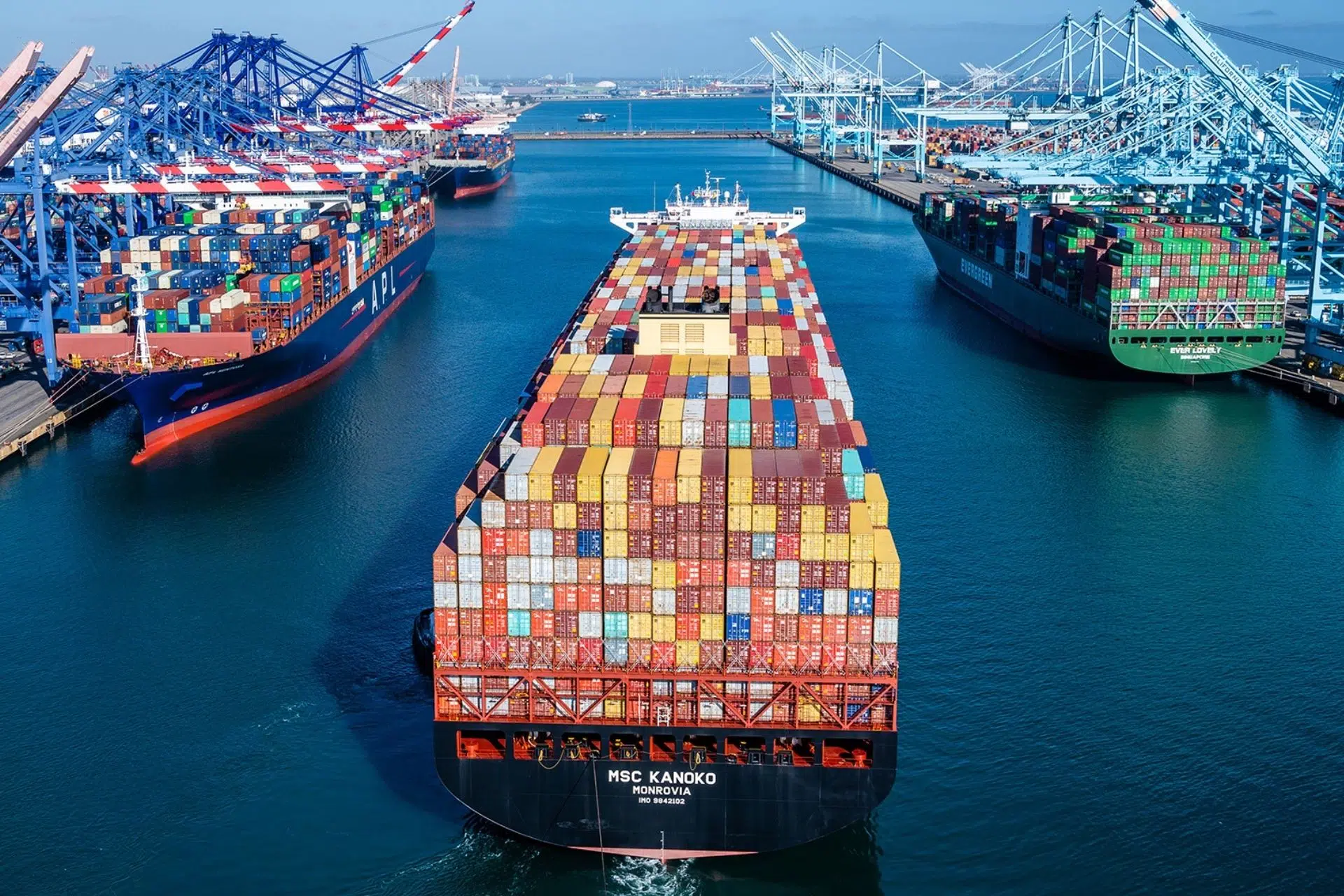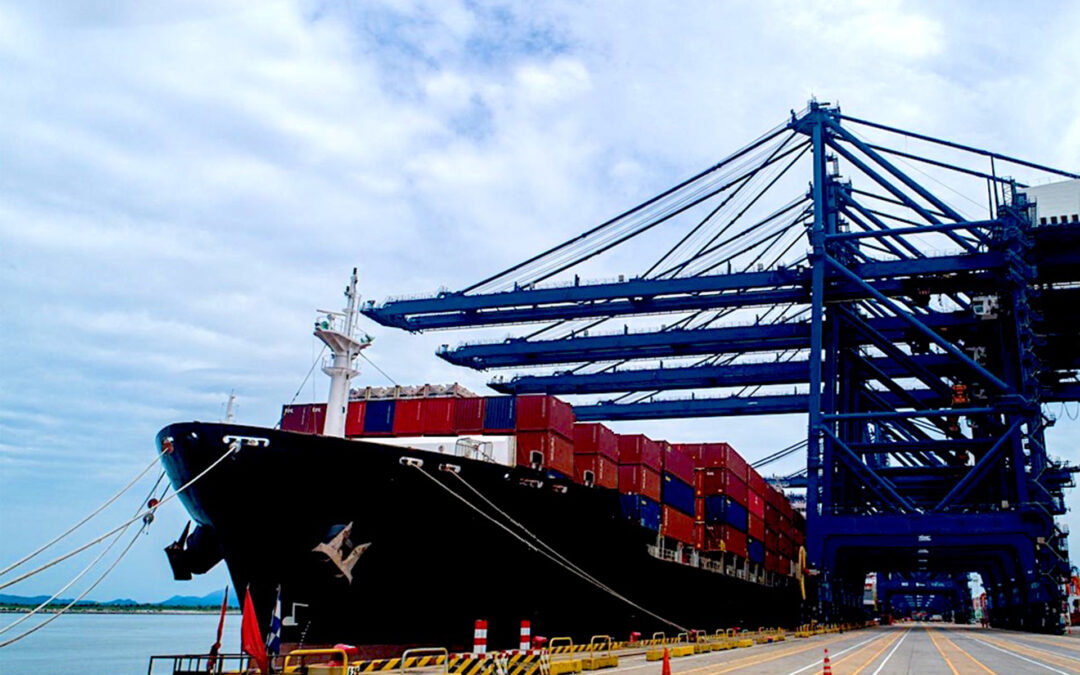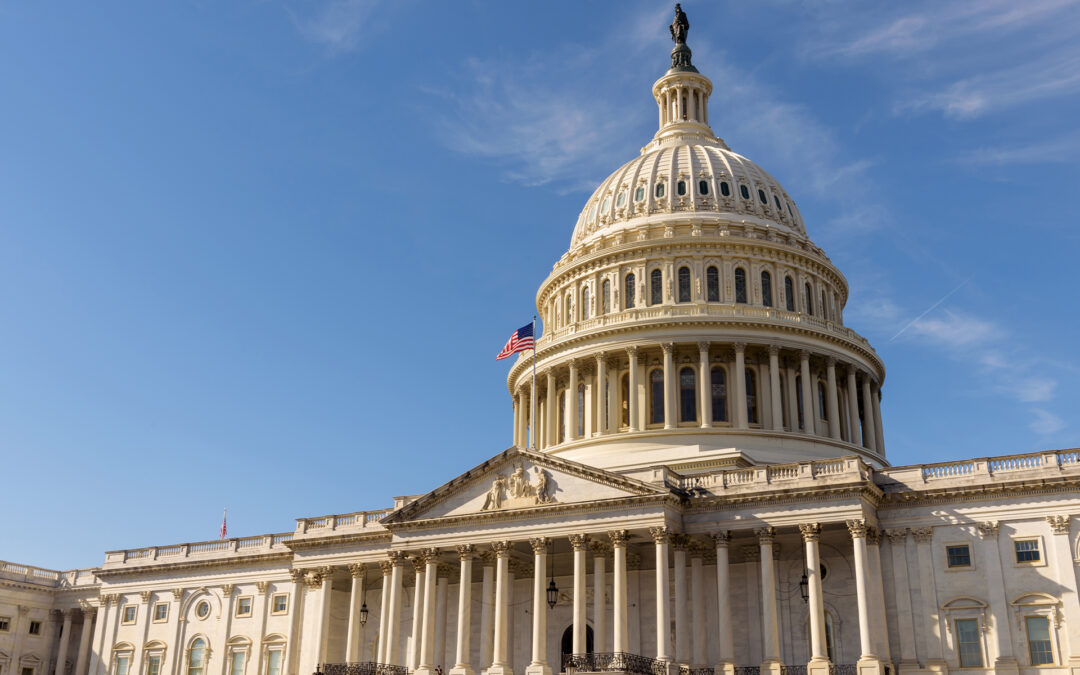The Port of Los Angeles and the Port of Long Beach jointly announced Monday they will delay consideration until November 22 of a container dwell fee directed at ocean carriers and aging cargo at the ports.
The announcement came the same day a coalition of 85 industry associations, including the International Housewares Association, directed a letter to U.S Federal Maritime Commission Chairman Dan Maffei expressing concern about ocean carriers passing the container dwell fee to cargo owners.
Under the temporary container dwell fee policy approved October 29 by the harbor commissions of the Los Angeles and Long Beach ports, ocean carriers would be charged for each import container that falls into one of two categories. For containers scheduled to move by truck, ocean carriers will be charged for every container dwelling nine days or more. For containers moving by rail, ocean carriers would be charged if a container has dwelled for six days or more.
The ports announced they would charge ocean carriers in these two categories $100 per container, increasing in $100 increments per container per day until the container leaves the terminal.
Since the container dwell fee at the Long Back and Los Angeles ports was announced October 25, the ports collectively seen a decline of 26% in aging cargo on the docks, a development port officials supports a delay in implementation of the fee.
“There has been significant improvement in clearing import containers from our docks in recent weeks,” said Port of Los Angeles Executive Director Gene Seroka. “I’m grateful to the many nodes of the supply chain, from shipping lines, marine terminals, trucks and cargo owners, for their increased collaborative efforts. We will continue to closely monitor the data as we approach November 22.”
Fees collected from dwelling cargo would be reinvested for programs designed to enhance efficiency, accelerate cargo velocity and address congestion impacts, according to Los Angeles and Long Beach port officials.
The coalition of industry associations seeking a review by the FMC of the proposed container dwell fees cites a recent National Industrial Transportation League letter to the FMC stating a pass-through of the container excess dwell fee is subject to the FMC’s interpretive rule on unjust and unreasonable demurrage and detention practices.
“We applaud efforts to get stakeholders together to develop creative solutions to improve fluidity and move containers as quickly as possible from the port,” according to the letter to FMC’s Maffei from the coalition of industry groups. “However, with the ongoing challenges that many cargo owners and drayage trucking companies are experiencing with the ability to retrieve cargo because of port congestion, restrictive empty return policies, and subsequent chassis shortages that result, we believe the new fee will add substantial costs to the supply chain.
“With the ongoing disruption issues, which many expect to continue well into next year, and the skyrocketing transportation costs that importers and exporters are facing, the FMC needs to ensure that these new fee proposals meet their stated goal and comply with regulations under the FMC’s authority, the letter to Maffei stated.”
See the coalition letter and list of co-signing industry associations below.
November 15, 2021
The Honorable Dan Maffei
Chairman
U.S. Federal Maritime Commission
800 North Capitol Street, N.W. Washington, D.C. 20573
RE: Container Excess Dwell Fees
Dear Chairman Maffei:
On behalf of the undersigned associations representing importers, exporters and supply chain stakeholders, we are writing to you to express concern about the new Container Excess Dwell Fees that have been established at the Ports of Los Angeles and Long Beach. While the ports and terminals have indicated that the fee is to be paid by the carrier for loaded containers that have excessive dwell time beyond the allotted periods for truck or rail movements, the carriers have indicated that they will pass along the new fee to cargo owners.
Collectively, we have heard concerns from our members about both the establishment of these fees as well as the pass-throughs announced by the carriers. We certainly recognize the unprecedented disruption and port congestion that our nation is facing. We applaud efforts to get stakeholders together to develop creative solutions to improve fluidity and move containers as quickly as possible from the port. However, with the ongoing challenges that many cargo owners and drayage trucking companies are experiencing with the ability to retrieve cargo because of port congestion, restrictive empty return policies, and subsequent chassis shortages that result, we believe the new fee will add substantial costs to the supply chain.
We are especially concerned about the announcements by the carriers that they intend to pass the charges through to the cargo owners. We support the letter filed recently by NITL, which asked the Commission how is the purpose of the Container Excess Dwell Fee any different than the current demurrage fees paid by importers and wouldn’t the pass-through of this fee allow for a “double-dip” by the carriers? We agree with NITL that a pass-through of the Container Excess Dwell fee is subject to the FMC’s Interpretive Rule on unjust and unreasonable demurrage and detention practices. 46 CFR § 545.5. Under this rule, in order to be reasonable, the fee must serve its “intended primary purposes as financial incentives to promote freight fluidity.” 46 C.F.R. § 545.5(1). If the fee cannot serve this purpose, it would unfairly penalize the importer and function as an improper revenue stream.
We strongly encourage the FMC to review the new fees and to clarify that the announced carrier pass-throughs would be subject to the FMC’s demurrage rule. With the ongoing disruption issues, which many expect to continue well into next year, and the skyrocketing transportation costs that importers and exporters are facing, the FMC needs to ensure that these new fee proposals meet their stated goal and comply with regulations under the FMC’s authority.
Thank you very much for your consideration.
Sincerely,
1. Accessories Council
2. Air-Conditioning, Heating, and Refrigeration Institute
3. Airforwarders Association
4. ALTI (Audio and Loudspeaker Technologies International)
5. American Apparel & Footwear Association
6. American Association of Exporters and Importers
7. American Bridal and Prom Industry Association
8. American Coatings Association
9. American Down and Feather Council
10. American Forest & Paper Association
11. American Home Furnishings Alliance
12. American Import Shippers Association
13. American Lighting Association
14. American Log Export Coalition
15. American Pyrotechnics Association
16. American Rental Association
17. American Spice Trade Association
18. American Trucking Associations
19. Association of Bi-State Motor Carriers
20. Association of Food Industries
21. Association of Home Appliance Manufacturers
22. Auto Care Association
23. Automotive Body Parts Association
24. Autos Drive America
25. Business Alliance for Customs Modernization
26. California Fashion Association
27. California Trucking Association
28. Can Manufacturers Institute
29. CAWA- Representing the Automotive Parts Industry
30. Color Pigments Manufacturers Association
31. Consumer Technology Association
32. Council of Fashion Designers of America (CFDA)
33. Fashion Accessories Shippers Association
34. Foreign Trade Association
35. Gemini Shippers Association
36. Green Coffee Association, Inc.
37. Halloween & Costume Association
38. Harbor Trucking Association
39. Hardwood Federation
40. Home Fashion Products Association
41. Institute of Scrap Recycling Industries, Inc.
42. Intermodal Motor Carriers Conference





